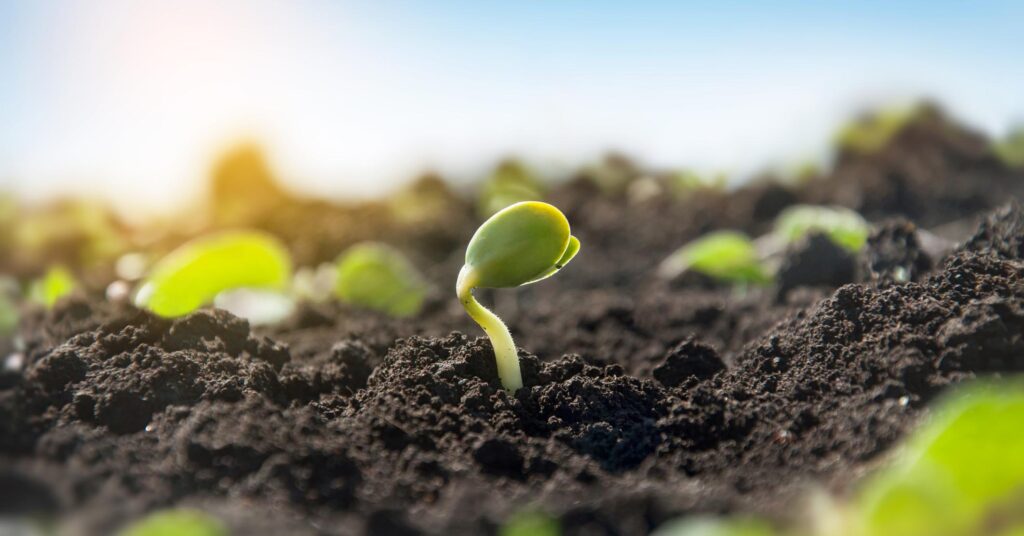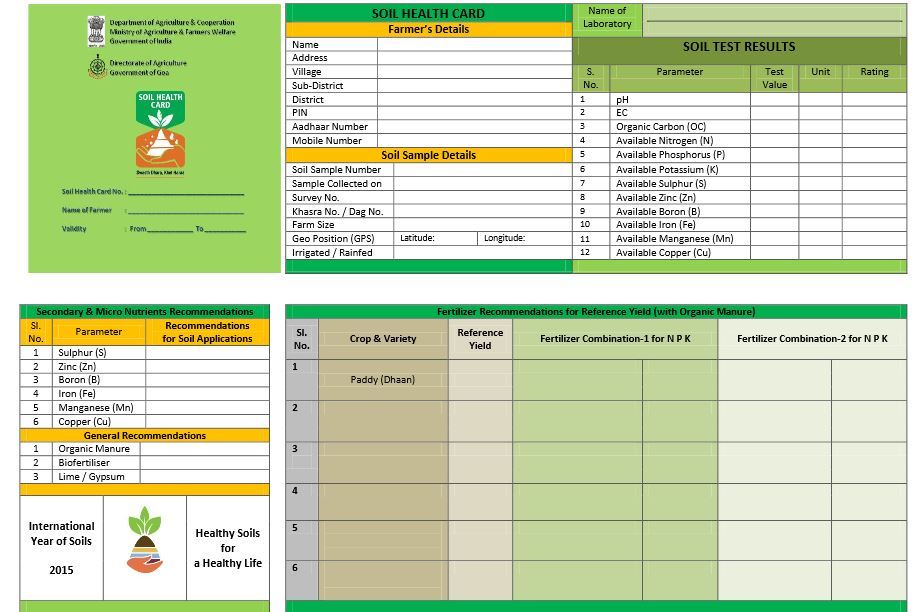Contents
ToggleIntroduction about Soil Health

As we see around us in our community found earlier agriculture was difficult due to a lack of better instrumental facilities, fertilizers, pesticides, and better techniques. Now a days we can observed that all these things are easily available and accessible but agriculture has not improved as like as but most of the farmers ignored the main reason “Soil Health” and we are fully depending on inorganic fertilizers and pesticides for crop improvement, that is not good sign for farming because farming is long lasting process, if we destroyed our soil health today then its large impact in future crops which is deadly for farmers and specially for small scale farmers. I’m inquisitive about the soil health improvement because I think that soil health doesn’t only improve productivity but also plays greater role in aiding nutrition value. Therefore I am trying to apply my thoughts to improve it in my own field and now I think, through your platform i can apply my ideas, experience and do work to improve soil health through out nation.
Problems and Causes
Today, many farmers face lots of problems in generating agricultural revenue. There are various reasons, but one of them is soil health, which is generally unknowingly ignored by farmers, and it causes a large impact on agricultural produce. Farmers think that plants require nutrients that will be sufficiently provided by inorganic fertilizers, and pests will be controlled by pesticides, but generally, farmers fail to understand that the price of inorganic fertilizers and pesticides directly affects agricultural revenue, and pesticides also negatively impact crops. Therefore, farmers face loss of their produce, which is very harmful for farmers. Because it is an major problem in the World, the United Nations declared International Year of Soil, 2015, and December 5 World Soil Day.
Importance of Soil Health
One of the major solutions to all these problems is “Soil Health”. As human health, soil health is very important because it plays a greater role in organic production. We know the microflora of the soil plays a greater role in improving soil health; therefore, if we maintain it, results that our soil would be more porous better aeration, and healthier. It is well known that life depends on oxygen so, plants root development also requires oxygen. By maintaining microflora, it would be easily happened.

Soil organic carbon (SOC)
Importantly, SOC is a critical parameter defining physical, chemical and biological properties of soil these government holding capacity and nutrient use efficiency. As per Indian institute of soil science (IISC), Bhopal SOC in range from 0.5 to 0.75 percent is adequate. But the world food laureate, Rattan Lal, worked on soil health suggest than carbon content in soil should be at least 1.5 to 2 percent.
Policies and Steps for Soil Betterment
The Indian government started a few programs like “Swasth Dhara Khet Haraa” and schemes to educate farmers about soil health, in which they teach us how we can improve our soil health to achieve better production.
Soil Health Card
A Soil Health Card is like a health report for your farm’s soil. It helps you know what your land needs to grow better crops and keep the soil in good shape.
How farmers can use the soil health card:
To check our soil health we can visit the following government site:
https://www.india.gov.in/spotlight/soil-health-card#tab=tab-1
Simple Steps to Improve Soil Health
| Facts | Simple Explanation |
|---|---|
| 1. Add Organic Matter | Adding compost, cow dung, or leaves feeds the soil and makes it soft, fertile, and better at holding water. |
| 2. Crop Rotation | Changing crops (e.g., wheat one year, pulses next) gives soil rest and reduces pests and diseases. |
| 3. Use Cover Crops | Grow simple plants (like grass or beans) when land is not in use to protect and nourish the soil. |
| 4. Reduce Tillage | Don’t over-plough the land; it breaks soil structure and kills helpful soil insects. Less tilling saves fuel and keeps soil healthy. |
| 5. Balance Soil pH | If soil is too acidic or salty, plants can’t grow well. Use lime or gypsum as needed after testing. |
| 6. Use Biofertilizers | Tiny helpful bacteria (like Rhizobium) make nutrients easily available to plants at low cost. |
| 7. Regular Soil Testing | Test soil to know the right amount of fertilizer. Saves money and prevents damage from overuse. |
| 8. Use Mulching | Cover soil with straw, leaves, or plastic to keep it cool, moist, and weed-free. |
| 9. Earthworms in Soil | Earthworms naturally improve the soil by making it airy and mixing nutrients. More worms = healthy soil. |
| 10. Avoid Excess Chemicals | Using too much fertilizer or pesticide harms the soil and good microbes. Use only as needed. |
By following suggested guidelines, we can improve our soil health for future crops to get better produce. Thus, farmers generate more revenue from their agriculture.

